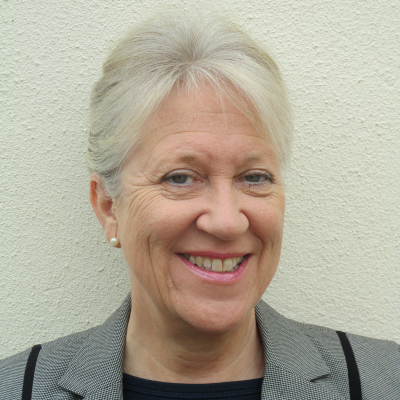Understanding your fears
The ancient Greek philosophiser Pythagoras said, “No one is free if he cannot command himself”.

Woody Harrelson, the actor, when asked during an Oscars presentation how he deals with fear in real life, looked hard at the presenter for a few silent moments and then with Churchillian conviction said ‘I just don’t think about it!’. Although it’s a natural human emotion, fear can be so powerful; it can temporarily paralyse us, so avoidance is an understandable coping mechanism. However, an antidote to this is understanding that we can make a choice about how we react to fear and to things outside of our control.
Whether you’re experiencing the fear of acute illness or threatened poverty, or are apprehensive about the existential meaning of life during this pandemic, an approach used often in counselling is to allow ourselves to look at how we would cope and what we would do if our fears actually happened. This process often produces a welcome inventory of resources, adaptations and courage which then result in the fear itself diminishing.
As I write this, I realise most readers will know someone working on the frontline and most will be fearful but carrying on with their vocation helps to manage the fear. Some people will be reflecting upon the wider macro duress of political, economical, sociological and global implications over which most have little control, but thinking about them serves the purpose of coming to terms with change. Others will be thinking of the micro impacts of their immediate lives and choosing to do something in order to bring a sense of control and usefulness. Perhaps learning new things, actively sewing scrubs and masks or seeking the soothing calmness of the natural world and for the first time, noticing all it has to offer.
We’re all individuals but part of groups, one of these being either extroverts or introverts. Externalising and internalising respectively, our reactions to information and to fear. And sometimes enjoying isolation and at others, seeking connectedness to others. When we look at prisoner of war studies, we learn that liberty of thought is a major factor in surviving anxiety, adversity and fear. Not knowing is one of the hardest places for a human being to be, however, we do have a tremendous capacity to endure and adjust to uncertainty. I can say this because I’ve met many clients who have proved this to be true. I write this during the current UK lockdown, which has forced us to adjust our behaviour today and probably for some time to come. Fear of this change is normal and we might spend some time thinking about our choices when the lockdown ends. Will we be seduced back to pre-COVID-19 behaviours which might not have been relationally healthy, or reconsider the chaotic thinking which used to make it hard for us to say 'no' to others or let them down? Emerging from lockdown fear might involve realising we wish to make different choices for ourselves going forwards.
I see my role in therapy to help people feel and cope better by normalising their feelings and helping them learn to do this for themselves. Which includes how they talk to themselves and ultimately how they regulate and respond to their feeling reactions. Learning not to suppress negative thoughts but accepting them without indulging them, is an important step in coping with fear. Therapeutic approaches often speak of being ‘mindful’ and having ‘self-compassion’ which offer helpful ways in which to manage feelings of fear and anxiety. Sometimes, these can be difficult to attain when a person sees themselves as having to give up a habit or a defence, in order to achieve a new, often healthier one. However, the pandemic has thrust us choice-less into an examination of our emotional resilience. Both my hope and belief is that we will emerge with greater self-understanding.
Pythagoras was echoed in Homer’s caution “The words you speak are the words you will hear”.

Find a therapist dealing with Anxiety
All therapists are verified professionals






